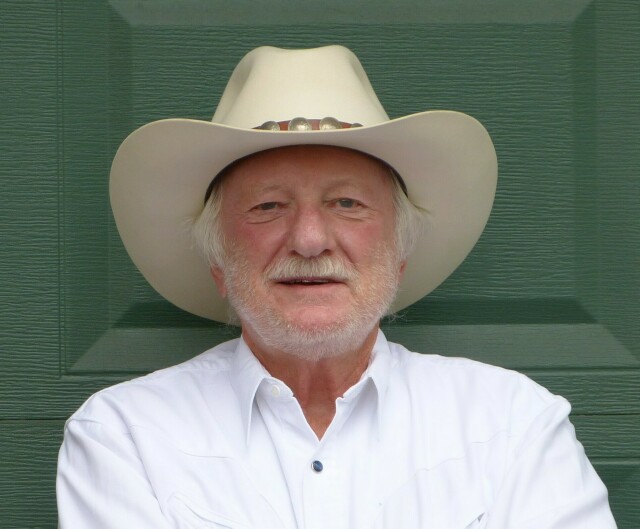Tom Wheeler and the Google Power Grab

The Federal Confusion Commission’s Chairman Tom Wheeler wants to mandate some changes in how you and I access video. The Commission wants to vote next month (on the 18th) to issue a proposed rule-making that could upend the entire video infrastructure as we know it. The rulemaking would demand the creation of competitive open-architecture boxes that (1) allows for the discovery of any and all programming services including what’s on when and how it is accessed; (2) changes the rules on how the programming is able to be used on what devices by whom, and (3) pushes content delivery through the boxes … no matter the programming’s origins or the wishes of the originator or owner.
That is, make everything available through one universal box (provided by “guess who”) from all the program creators, platforms and aggregators no matter who owns what or whom. Or, to put this another way, FCC Chairman Wheeler claims, in a release, that, "When consumers are able to access all their content from MVPD programming to streaming video in a single place, they will be better able to find and enjoy the programming most relevant to them."
That does sound a bit “Google-ly.” Oops, I meant good, right?
The rulemaking suggests that nothing really has to change: You can keep your cable or satellite box -- or Chromecast or Roku or Vudu or TiVo or Apple TV or HBO Go or Sling or that smart TV you just bought or whatever else you might have -- plus you can access information on just about everything at once on one screen. That, of course, is actually available -- with a little effort -- on your computer, tablet or smartphone right now. Not to mention that list of alternate access devices in the first sentence of this paragraph.
A month ago, as CES opened in Las Vegas, I warned about the impending return of the walled garden … sort of. I really warned about dozens of walled gardens and the nascent explosion of apps for video. That’s happened. Check out that list of what’s available again … and the apps for each.
Now, the FCC’s plan wants to open all of that back up so you can (hypothetically) have it all someday. Of course “having it all” comes with one very big catch: The new FCC rules would require every programming and distribution company to allow for a brand new entity to use, manipulate and allow access to everyone’s individual trade secrets and contracts … because, of course, everyone needs to know all of those things to produce this one magic box … like the prototype by Google shown to Congressional invitees late last week.
Or, put another way, "AllVid" all the time for everyone … never mind who has the rights to what.
The FCC says that isn’t so … you can keep your box and your provider. Or not. But the reality of this proposal is a hand-off of proprietary information to a collection of very, very big Northern California companies. If one company knows it all … well, that company -- probably a collective with similar zip codes -- will know a lot more than any single builder of all that expensive infrastructure that is suddenly under attack again.
Competition, says the FCC, is the key. Agreed. But the key isn’t giving all of the keys to someone else. (And just guess who that someone else would be. If you need a hint, check the headline.)
The FCC says, “FCC Chairman Wheeler is circulating for a vote a Notice of Proposed Rule-making (NPRM) that would tear down anti-competitive barriers and pave the way for software, devices and other innovative solutions to compete with the set-top boxes that a majority of consumers must lease today. The proposal will be voted on by the full Commission on February 18, 2016. This proposal is about one thing: Consumer choice. Consumers should have options created by competition. The Chairman’s proposal will let innovators create and then let consumers choose.”
You can find a synopsis at fcc.gov. Just click on “FCC Proposal to Unlock the Set-Top Box” and see for yourself how all-encompassing and changing this could be.
Random Notes:
Leading a group of 47 member companies of the new Future of TV Coalition are Bright House’s Nomi Bergman and TV One’s Alfred Liggins. If they ask you for help, do so. The reborn “AllVid” initiative from the FCC was kind-of, sort-of mandated by Congress in last year’s STELAR Act. Congress wanted to replicate the failed CableCard imbroglio with a software-based solution at the ban on integrated set-tops sunset. The FCC came up with a plan to totally re-make the video marketplace in one fell swoop with enough new regulations to create a “brave” new world.
To be clear, though … cable and satellite rates and the monthly fees for almost everything from programming to boxes to so-called “service” have consistently gone up and up. Until, that is, skinny services and the competition from new walled gardens developed. Next thing to watch is Canada’s a la carte experiment just now underway.
Still, the FCC “initiative” makes you wonder what those serving board members at the NCTA and CTIA-The Wireless Association did or didn’t to, for or with Wheeler.
My book The Revolutionary Evolution of Media is moving to a new platform. Details soon!
The opinions and points of view expressed in this commentary are exclusively the views of the author and do not necessarily represent the views of MediaVillage/MyersBizNet management or associated bloggers.


